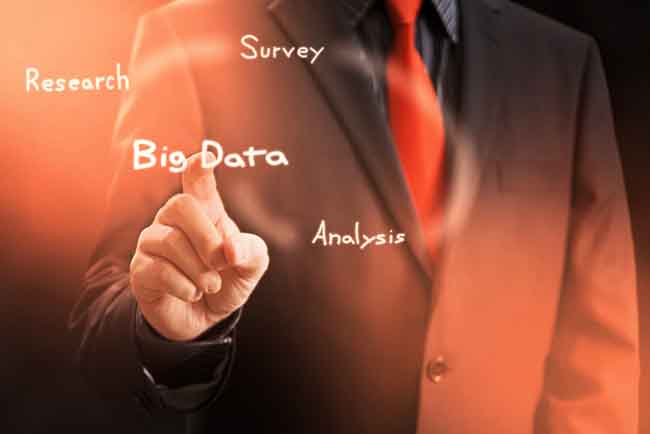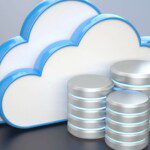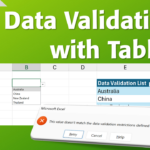What is “Big Data”; and why is it such a big deal?
By Access Analytic
For a year or two, management pundits around the world have been nominating ‘Big Data’ as the ‘next big thing’ – and the key to sustainable competitive advantage in a brave new world of business.
But – what is this magical ‘Big Data’, and more to the point, how can you practically harness its power in your business?
Jeff Robson, Access Analytic Principal Business Analyst explains.
“‘Big Data’ simply refers to large pools of data that can be brought together and analysed to see patterns that help businesses make better decisions.”
According to 2012 research from the McKinsey Global Institute and McKinsey’s Business Technology Office, the sheer volume of data generated, stored and mined for insights has become economically relevant to business, Government and consumers.
“However, sheer data volume alone is not enough; it’s how that data is analysed and used that creates competitive advantage,” said Jeff.
For example, pioneers in healthcare are analysing the outcomes of pharmaceuticals when they’re widely prescribed, rather than just in limited clinical trials.
Likewise, manufacturers of everything from children’s toys to industrial equipment are now using embedded sensors to see how their products are actually used in the ‘real world’.
Such information can provide vital insights for new service offerings and the design of new products.
Here are a couple of topical examples. With Obama’s Patient Protection and Affordable Care Act very much front and centre at the moment; what if the US healthcare system could use big data to drive efficiency and quality?
Such an approach is estimated to be capable of creating more than US$300 billion in value each year. Just two-thirds of that gain would result in an 8 per cent reduction in US healthcare expenditure – every year.
Closer to home, could big data overcome Perth’s traffic congestion on your daily commute?
Smart routing, where traffic is controlled using real-time information is one of the most heavily used applications of personal location data. As smartphone penetration continues to increase and it is estimated that by 2020 more than 70 per cent of mobile phones will have a GPS capability, the potential global value of smart routing is astronomical.
But for you in Perth, its value might just be greater – less frustrating time on congested roads every morning and evening.
OK – that’s the big picture, but what could big data mean for my business?
“The couple of pharmaceutical and manufacturing examples we gave earlier are actually relevant to many businesses,” said Jeff Robson.
“After all, which business wouldn’t benefit from better understanding how people really use its products and services, and what they might want next?
“As well as identifying new opportunities, products and services, effective analysis of big data can also result in significant cost savings and operational improvements.”
“However, to really appreciate why big data is potentially such a big deal for your business, just ask yourself these few simple questions:
- If we could quickly and easily test all of our significant decisions – before we made them – how would that give us a competitive advantage?
- How would our business change if we could incorporate widespread, real-time customisation?
- Could better, more timely information lead to fundamental changes in our current business model, or opportunities for further, new models?
The big data bottom line is improved performance, better risk management and the ability to unearth insights that may otherwise remain hidden.
“However,” said Jeff, “the $64,000 question is why a potential data revolution may not yet be taking place in your organisation. We answer that in part two of this series; Using data to create competitive advantage.








